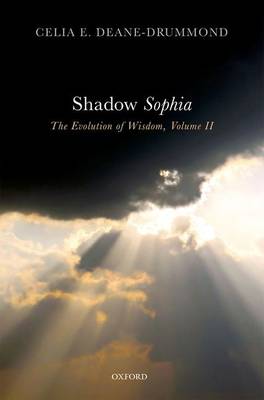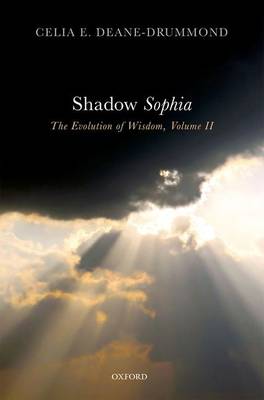
Bedankt voor het vertrouwen het afgelopen jaar! Om jou te bedanken bieden we GRATIS verzending (in België) aan op alles gedurende de hele maand januari.
- Afhalen na 1 uur in een winkel met voorraad
- In januari gratis thuislevering in België
- Ruim aanbod met 7 miljoen producten
Bedankt voor het vertrouwen het afgelopen jaar! Om jou te bedanken bieden we GRATIS verzending (in België) aan op alles gedurende de hele maand januari.
- Afhalen na 1 uur in een winkel met voorraad
- In januari gratis thuislevering in België
- Ruim aanbod met 7 miljoen producten
Zoeken
€ 209,45
+ 418 punten
Omschrijving
Why do humans who seem to be exemplars of virtue also have the capacity to act in atrocious ways? What are the roots of tendencies for sin and evil? A popular assumption is that it is our animalistic natures that are responsible for human immorality and sin, while our moral nature curtails and contains such tendencies through human powers of freedom and higher reason. This book challenges such assumptions as being far too simplistic. Through a careful engagement with evolutionary and psychological literature, Celia Deane-Drummond argues that tendencies towards vice are, more often than not, distortions of the very virtues that are capable of making us good. After beginning with Augustine's classic theory of original sin, the book probes the philosophical implications of sin's origins in dialogue with the philosophy of Paul Ricoeur. Different vices are treated in both individual and collective settings in keeping with a multispecies approach. Areas covered include selfishness, pride, violence, anger, injustice, greed, envy, gluttony, deception, lying, lust, despair, anxiety, and sloth. The work of Thomas Aquinas helps to illuminate and clarify much of this discussion on vice, including those vices which are more distinctive for human persons in community with other beings. Such an approach amounts to a search for the shadow side of human nature, shadow sophia. Facing that shadow is part of a fuller understanding of what makes us human and thus this book is a contribution to both theological anthropology and theological ethics.
Specificaties
Betrokkenen
- Auteur(s):
- Uitgeverij:
Inhoud
- Aantal bladzijden:
- 268
- Taal:
- Engels
Eigenschappen
- Productcode (EAN):
- 9780198843467
- Verschijningsdatum:
- 25/04/2021
- Uitvoering:
- Hardcover
- Formaat:
- Genaaid
- Afmetingen:
- 163 mm x 236 mm
- Gewicht:
- 544 g

Alleen bij Standaard Boekhandel
+ 418 punten op je klantenkaart van Standaard Boekhandel
Beoordelingen
We publiceren alleen reviews die voldoen aan de voorwaarden voor reviews. Bekijk onze voorwaarden voor reviews.









